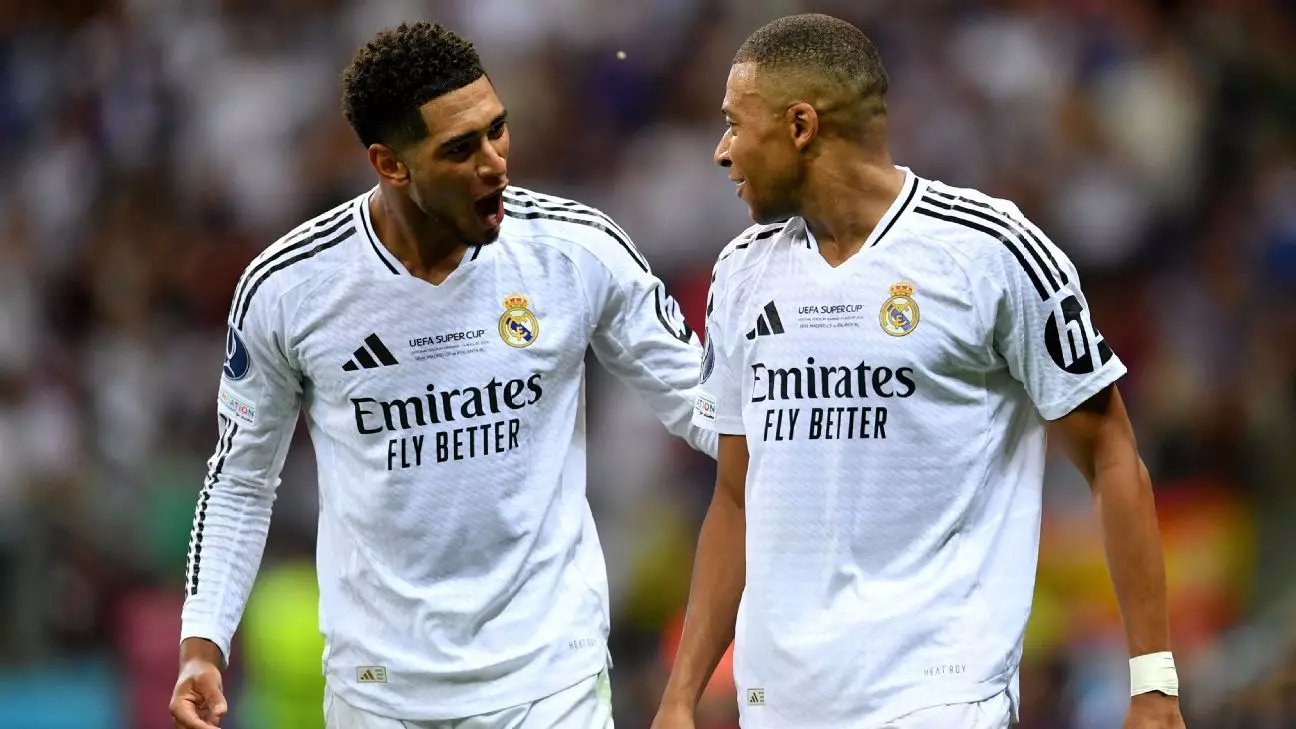The landscape of global club football is set to change with the inaugural edition of the FIFA Intercontinental Cup. Slated for December 18 in Doha, this tournament will see the champions of various football confederations face off in an exciting series of matches, culminating in a final that features the renowned European Champions League winners, Real Madrid. Officially announced in December of last year, this new annual event is positioned as a successor to the Club World Cup, which will shift to a quadrennial format starting in 2025, accommodating 32 teams.
The tournament will kick off with a series of five matches, starting with a playoff between the AFC Champions League winners, Al Ain, and the OFC Champions League victors, Auckland City, on September 22. This matchup, part of the African-Asian-Pacific Cup, is crucial as it sets the stage for the next round. The winners will then progress to face the CAF Champions League champions, Al Ahly, in Cairo on October 29, showcasing the competitive spirit of club-level football across continents.
The first two matches are designed to take place on the home field of the higher-ranked team, thereby maximizing local engagement and allowing fans to support their clubs directly. This community-centered approach is anticipated to bolster attendance and create an electric atmosphere as supporters rally behind their teams.
Once the playoff rounds conclude, the focus will shift to Doha, Qatar, where the excitement continues with the “Derby of the Americas.” On December 11, the champions of the CONMEBOL Libertadores will clash with Pachuca, the winners of the Concacaf Champions Cup. This match not only serves as a critical stepping stone toward the final but also promises to be a spectacle of skill and national pride.
The victor of this match will then square off against the winner of the earlier matchup in the Challenger Cup just three days later. This format effectively intensifies the competition, ensuring that only the best teams earn the right to compete against Real Madrid for the prestigious Intercontinental Cup.
The final match on December 18 will coincide with Qatar’s National Day, enriching the historical significance of the event. This date also marks the two-year anniversary of the 2022 World Cup final, a poignant reminder of the global joy that football can invoke. The juxtaposition of historic moments with the promise of a thrilling new competition encapsulates what the FIFA Intercontinental Cup aims to achieve: a celebration of football that transcends borders and fosters camaraderie among competing nations.
This inaugural tournament is not just a series of games; it represents a significant evolution in how international club football is perceived and experienced. As global football fans circle the dates on their calendars, they can look forward to a festival of talent, passion, and indomitable spirit—the heart of what football truly represents.


Leave a Reply